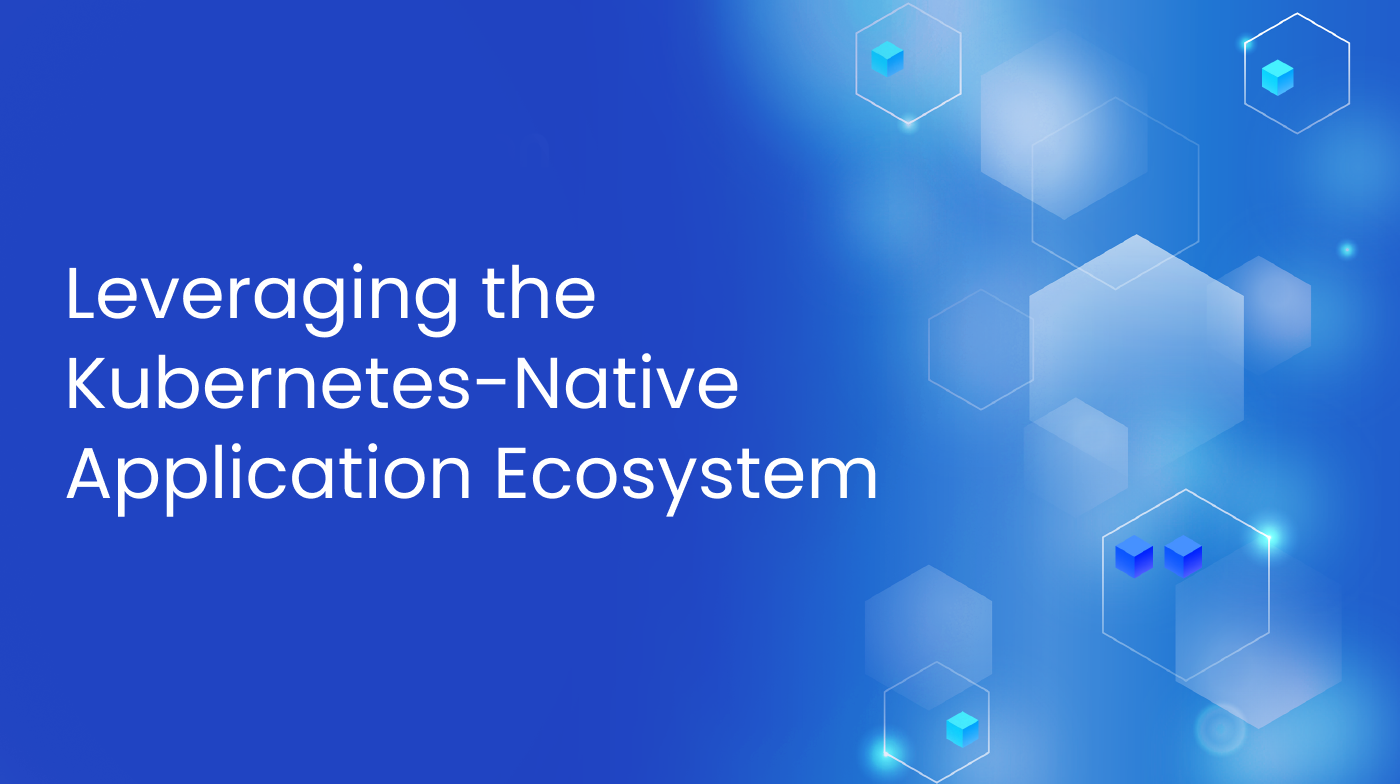In today’s fast-paced online retail world, businesses demand scalable, secure, and flexible platforms to remain competitive. Enter IBM WebSphere Commerce, a robust and customizable eCommerce solution trusted by enterprises across the globe. With the right implementation, WebSphere Commerce offers a strong foundation for businesses aiming to deliver consistent, personalized, and omnichannel shopping experiences.
But what exactly makes this platform stand out, and how can businesses make the most of it? This comprehensive guide will explore IBM WebSphere Commerce in detail — its strengths, potential pitfalls, customer experiences, and expert insights — including commentary from Tamer Badr, the visionary owner of Singleclic, an official IBM partner.
What Is IBM WebSphere Commerce?
IBM WebSphere Commerce is an enterprise-grade eCommerce platform designed for large-scale B2B and B2C operations. It offers a suite of tools for managing catalogs, promotions, order processing, and customer interactions across multiple digital channels.
Initially launched as part of IBM’s WebSphere brand, it has since evolved under the HCL Commerce umbrella after IBM sold the product to HCL Technologies. However, the brand and legacy remain firmly associated with IBM-level innovation and reliability.
👉 For additional details on IBM solutions, visit Singleclic’s IBM service page.
Why Choose IBM WebSphere Commerce?
Here’s what makes IBM WebSphere Commerce (WCS) a compelling choice for medium to large enterprises:
1. Enterprise-Ready Scalability
- Handles high traffic and transaction volumes effortlessly.
- Supports multi-site, multi-language, and multi-currency operations.
2. Robust Personalization & Marketing Tools
- Enables real-time personalization and behavioral targeting.
- Includes built-in promotion and coupon systems.
3. Seamless Integrations
- Connects with CRM, ERP, and other third-party platforms.
- Open APIs allow for headless commerce capabilities.
4. Flexible Deployment
- Available as on-premise, hybrid, or fully cloud-hosted solution.
- Integrates with IBM Cloud or third-party infrastructures.
People Are Always Asking: Is It Still Relevant in 2025?
Yes — and in fact, more than ever. While some might assume IBM WebSphere Commerce is a legacy platform, its modern microservices architecture ensures it’s anything but outdated.
“IBM WebSphere Commerce has matured into one of the most customizable and secure platforms available for serious eCommerce operations,” says Tamer Badr, founder of Singleclic.
“It gives our clients the confidence to grow without switching platforms every few years. That’s true ROI.”
Potential Drawbacks (And How to Navigate Them)
No platform is perfect. Here are the potential challenges associated with WebSphere Commerce — and how to handle them smartly:
| Issue | Why It Matters | Mitigation |
| Steep Learning Curve | New users may find the system complex. | Partner with certified agencies like Singleclic for training and onboarding. |
| High Upfront Cost | Enterprise solutions mean enterprise pricing. | Offset by long-term savings from scalability and security. |
| Custom Development Overhead | Heavy customization requires developer resources. | Use pre-built modules and reusable components from the IBM ecosystem. |
Features Snapshot: What You Get with WebSphere Commerce
Here’s a distilled list of key features that set IBM WebSphere Commerce apart:
- 🎯 Real-time promotions and targeted campaigns
- 📦 Dynamic product catalogs with rule-based merchandising
- 🛍️ Omnichannel support (web, mobile, kiosk, etc.)
- 💳 Secure payment and fraud detection systems
- 🔗 RESTful APIs for custom frontend development
- 📊 Built-in analytics and A/B testing tools
- 🔐 Role-based access control and enterprise-grade security
Real Customer Experiences & Reviews
🌟 Enterprise Client Review
“We run five regional storefronts on a single instance. The performance and security are top-notch. It’s not cheap, but it’s worth every dollar for stability.”
— Lead Architect, Fashion Retailer, EMEA
🌟 From the Tech Side
“Integration with SAP and Salesforce was smooth thanks to IBM’s API-first approach. The microservices made it easier to swap modules without downtime.”
— CTO, Global Electronics Brand
Expert Tip from Tamer Badr
“Don’t approach IBM WebSphere Commerce like a plug-and-play SaaS. It’s not Shopify. Think of it as your digital commerce backbone — robust, reliable, and custom-fit for your business processes.”
— Tamer Badr, Singleclic
When to Choose IBM WebSphere Commerce (And When Not To)
Ideal For:
- Companies with complex eCommerce needs (multi-brand, multi-region).
- Enterprises wanting deep integration with internal systems (ERP, CRM).
- Organizations looking for long-term digital infrastructure stability.
Not Ideal For:
- Startups with limited budgets.
- Businesses looking for ultra-fast deployment with minimal IT overhead.
- Teams without access to experienced developers or partners.
How It Compares: IBM WebSphere Commerce vs. Alternatives
| Feature | IBM WebSphere Commerce | Adobe Commerce (Magento) | Shopify Plus |
| Scale | Enterprise-grade | Mid-to-enterprise | Mid-to-enterprise |
| Customization | High (full-stack) | Moderate to high | Low to moderate |
| Out-of-the-box features | Rich | Good | Limited |
| Setup Time | Long | Medium | Short |
| Ideal Use Case | Complex, multi-national setups | Mid-sized, customizable stores | Fast go-to-market |
Frequently Asked Questions (FAQ)
Q1: Is IBM WebSphere Commerce still supported?
Yes. It’s now developed under HCL Commerce but retains the core IBM DNA. Support is active, and the platform is continuously evolving.
Q2: Can I migrate from WebSphere Commerce to a cloud-native setup?
Absolutely. Singleclic offers migration strategies to rehost WebSphere instances to IBM Cloud or Kubernetes-based environments.
Q3: Is it mobile-friendly?
Yes — it supports responsive design, mobile-first storefronts, and mobile admin capabilities.
Q4: What industries use WebSphere Commerce most?
Common industries include retail, automotive, finance, and telecommunications.
Final Thoughts
IBM WebSphere Commerce isn’t just another eCommerce platform. It’s a strategic investment for businesses that want to build reliable, future-ready digital sales engines. With the right implementation partner, like Singleclic, companies can unlock powerful capabilities that support long-term growth.
Whether you’re evaluating platforms or preparing for digital reinvention, IBM WebSphere Commerce offers the strength, flexibility, and personalization required to outpace competitors — with the added assurance of IBM’s legacy and HCL’s innovation.
“The best platform is the one you never outgrow. That’s the promise of IBM WebSphere Commerce.”
— Tamer Badr, Singleclic





